Your Brain After Midnight Isn’t the Same — Scientists Explain What Really Happens
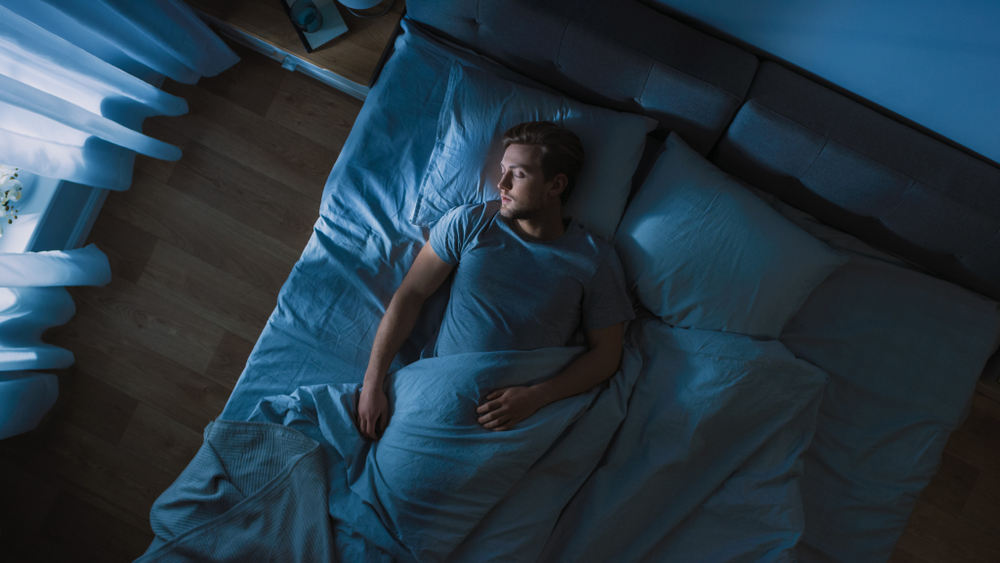
It’s 2:37 a.m. The world outside is silent. The glow of your phone screen paints the room blue, and your thoughts, those soft whispers of the day, start turning into something heavier. The things that felt manageable in sunlight now feel monumental. The craving for junk food, the sudden urge to text an ex, the echo of self-doubt: all of it hits harder when the clock passes midnight. It is as if the night invites every thought you tried to ignore to come out and speak at once.
Science says this isn’t just mood swings or coincidence. The human brain is literally wired to think and feel differently after midnight. And understanding why could be the key to protecting our minds and our lives. What happens in those dark hours is not just about fatigue; it is about biology, evolution, and how deeply our mental state is tied to the natural rhythm of the Earth itself.
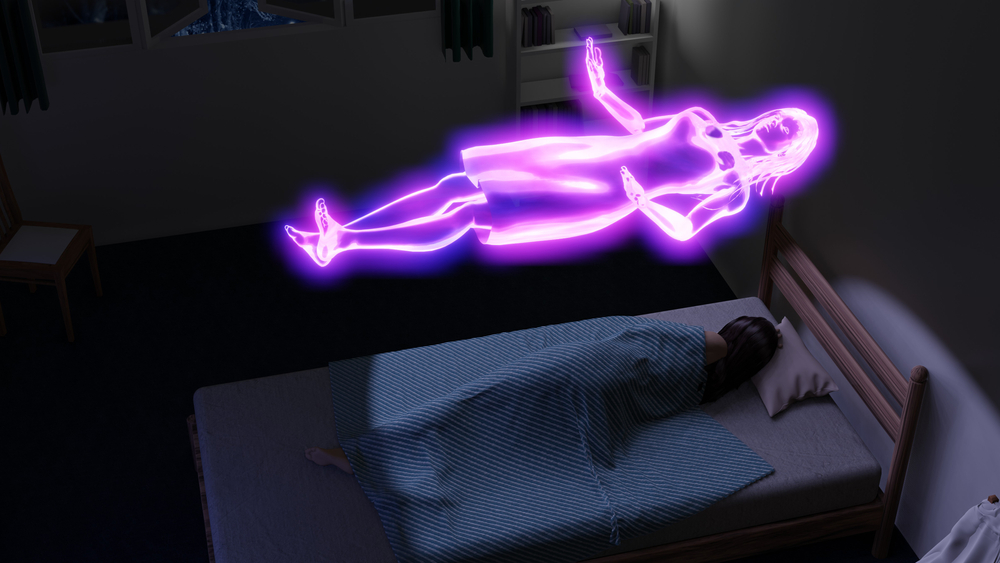
The ‘Mind After Midnight’ Hypothesis
In 2022, a group of researchers published a paper outlining a fascinating idea: our brains enter a fundamentally different state when awake after dark. They called it the “Mind After Midnight” hypothesis, suggesting that our circadian rhythm, the internal clock that governs our sleep-wake cycle, plays a profound role in shaping how we think, feel, and act during those late hours. This rhythm does not simply tell us when to sleep or wake up; it also determines how our thoughts, emotions, and impulses behave at different times of the day.
Neurologist Elizabeth Klerman from Harvard University, one of the study’s authors, summarized it this way: “There are millions of people who are awake in the middle of the night, and there’s fairly good evidence that their brain is not functioning as well as it does during the day.” She urged the scientific community to investigate this window of vulnerability more deeply, because people’s “health and safety, as well as that of others, is affected.” Her words underline a truth that feels both obvious and unsettling: we are not built to function clearly or safely in the dead of night.
According to the research, once night falls and we push past our natural sleep time, the brain’s chemistry begins to shift. Levels of neurotransmitters like dopamine and serotonin, which are responsible for mood, motivation, and reward, start to fluctuate. The brain becomes more reactive to negative emotions, and the filter that helps us separate what is rational from what is exaggerated begins to thin. This chemical storm makes us more impulsive, more emotional, and more prone to seeing the world through a darker lens.
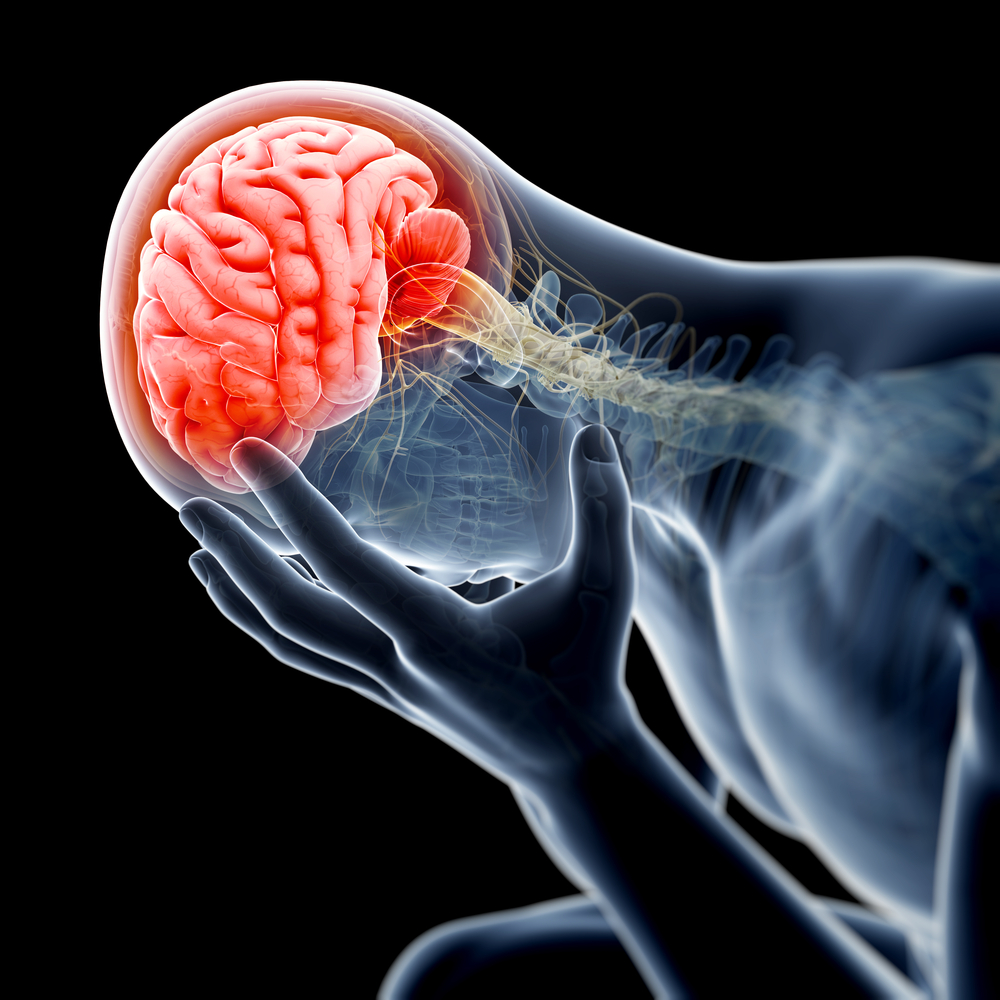
Why Darkness Changes the Mind
From an evolutionary standpoint, this shift makes perfect sense. Humans evolved as diurnal creatures, active in the day and resting at night. When our ancestors were awake after dark, it usually meant something was wrong: danger nearby, a threat lurking in the shadows. The brain learned to stay on high alert to keep us alive.
That ancient instinct still lives in us. After midnight, our attention becomes hyper-focused on threats and negativity. What once helped us survive predators now feeds our anxiety, loneliness, and risky impulses. The human mind after midnight is more vigilant, but it is also more vulnerable, always searching for problems, always expecting harm.
Researchers believe that this heightened sensitivity to danger can also distort how we interpret reality. The world can seem more hostile, problems feel more permanent, and decisions: whether small or life-changing: can be clouded by a brain that is out of sync with its natural rhythm. The night magnifies our fears and quiets our rationality, creating a distorted mirror that reflects the worst of what we think and feel.
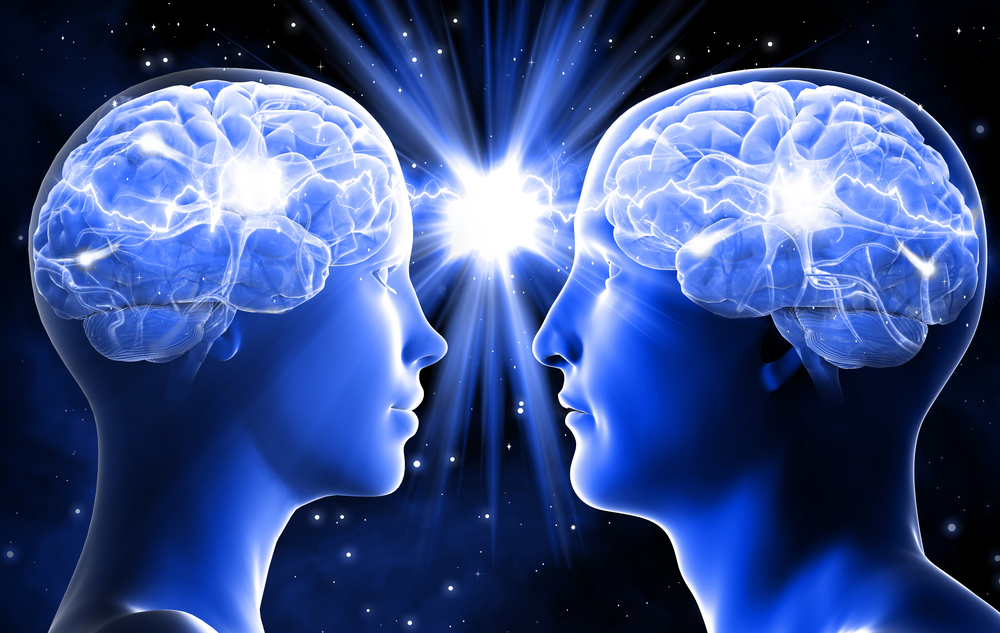
The Hidden Dangers of Nighttime Wakefulness
The implications of this go far beyond a bad mood or poor judgment call. Studies show that people are three times more likely to attempt suicide between midnight and 6:00 a.m. than at any other time of day. Substance abuse and overdoses also spike in the late-night hours. A 2020 study from a supervised drug consumption center in Brazil found a 4.7-fold greater risk of opioid overdose at night. When the world is asleep and the mind is restless, danger becomes more tempting, and the line between coping and collapse begins to blur.
Consider two examples the researchers used: a recovering heroin user who manages to resist cravings all day but gives in to temptation once the sun sets, and a college student battling insomnia who sinks into despair after countless sleepless nights. Both are examples of how the mind, when left awake after midnight, can spiral into dangerous territory. In these moments, judgment fades, emotional regulation weakens, and the brain begins to look for quick escapes instead of lasting solutions.
Add sleep deprivation to this mix, and the results can be devastating. Without proper rest, the brain’s decision-making centers, particularly the prefrontal cortex, lose control over the emotional centers like the amygdala. In simple terms, logic steps aside and emotion takes the wheel. Every impulsive thought becomes louder, every regret feels heavier, and every small problem starts to feel like a disaster.
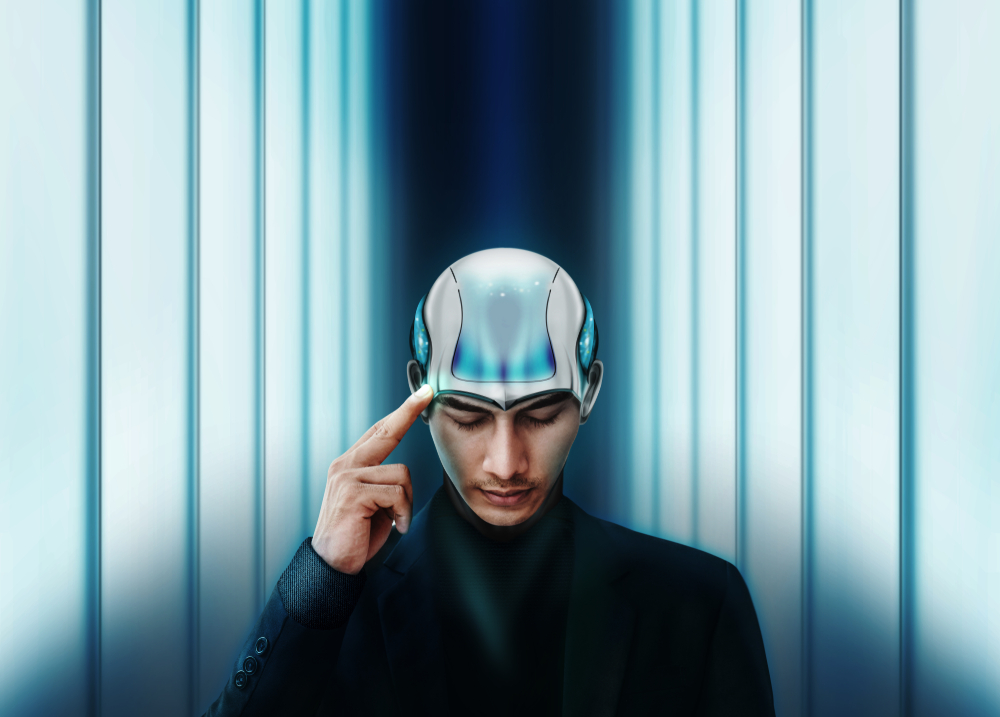
Shift Workers and the 24-Hour Trap
Millions of people, including pilots, doctors, nurses, factory workers, and delivery drivers, live in this upside-down rhythm. They function when most of the world sleeps. But what does that do to their mental and physical health? These workers often face a kind of biological tug-of-war, constantly fighting against their natural cycles to meet the demands of a society that never stops.
Researchers admit there’s still a lot we don’t know. “For six hours or so a day,” the study authors wrote, “we know surprisingly little about how the human brain works.” No comprehensive research yet examines how sleep deprivation and circadian misalignment together affect reward processing, the way our brains evaluate risk and pleasure. What we do know is that disrupted sleep patterns are linked to higher rates of depression, anxiety, and even cardiovascular problems. Night work is not just an inconvenience; it is a quiet stressor that erodes well-being over time.
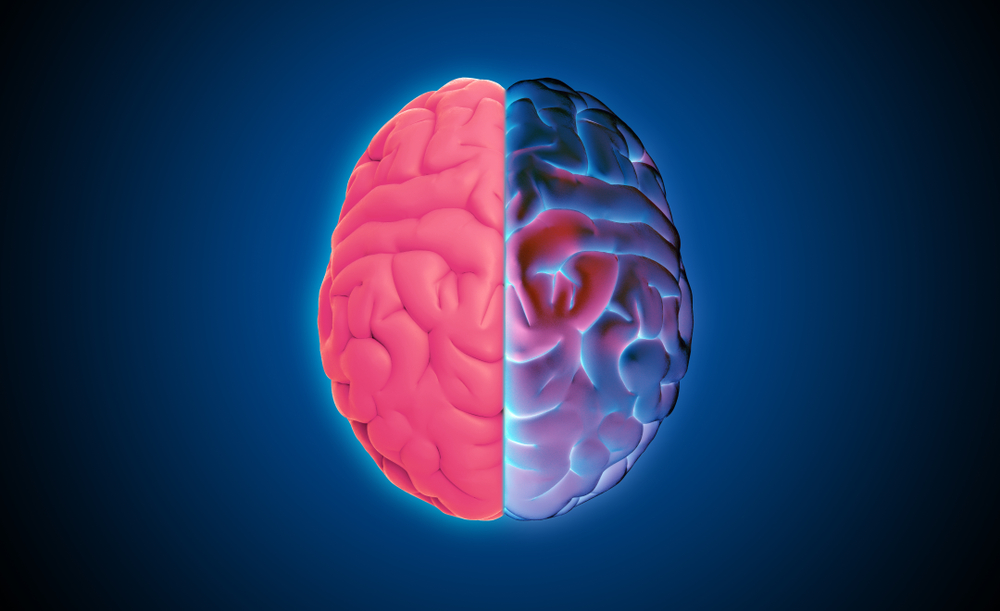
That’s a concern not just for night workers, but for anyone living in a culture that glorifies hustle, late-night productivity, and endless scrolling. We often treat sleep like a luxury, not a biological necessity. But the data is clear: staying awake after midnight doesn’t make us superhuman. It makes us vulnerable. It chips away at our focus, empathy, and self-control, all while convincing us that we are still in charge.
Reclaiming the Night
Understanding the science is just the beginning. The next step is taking back control from the habits that keep us up when our bodies are begging for rest. The night can be a time of peace, creativity, and reflection, but only when we respect its boundaries.
Here are a few ways to start:
- Honor the rhythm. Try aligning your schedule with natural light cycles, waking and winding down at consistent times. The body thrives on predictability.
- Turn off the glow. Artificial light, especially from screens, suppresses melatonin, the hormone that signals your body it’s time to sleep. Give yourself at least 30 minutes of darkness before bed.
- Name your midnight thoughts. When dark thoughts surface late at night, remind yourself they are products of an overworked brain, not truths written in stone. The same thought may feel completely different in the morning.
- Reach out early. If you’re feeling hopeless or restless after dark, don’t wait until morning to talk about it. Support lines and online communities are available 24/7, and sometimes a simple message can save a life.
- Practice digital sabbath. Dedicate one night a week to powering down all electronics before bed. Watch what it does for your mind over time, as your body learns to rest again without distraction.
These small acts are not just about sleep: they’re about reclaiming clarity, safety, and self-awareness in a world that constantly demands more. They remind us that our well-being begins when we listen to what our bodies have been trying to tell us all along: rest is not weakness. It is wisdom.
The Light Beyond Midnight
There’s something poetic about how the mind dances with darkness. The same brain that dreams so vividly in sleep can also mislead us when deprived of it. The difference between a nightmare and a vision, between despair and insight, might simply be the clock striking twelve. What feels like chaos at night often turns into clarity with the sunrise.
The “Mind After Midnight” hypothesis isn’t about fear: it’s about awareness. It reminds us that biology shapes behavior in ways we don’t always notice. Our bodies aren’t designed to battle the night indefinitely. And yet, in that truth lies power. When we understand our rhythms, we can work with them instead of against them.
So the next time you find yourself staring at the ceiling, lost in a loop of overthinking, remember this: the version of you that greets the sunrise sees the world differently. Give that version a chance. Turn off the light. Let the mind rest. The night will always whisper, but you don’t always have to listen.
Loading...

